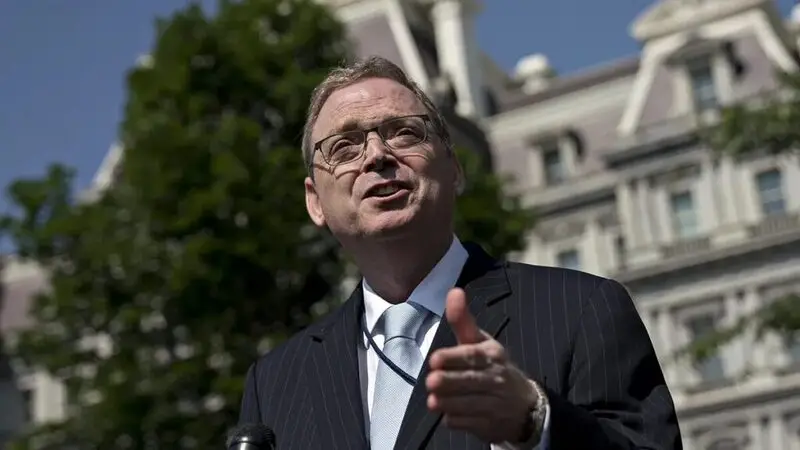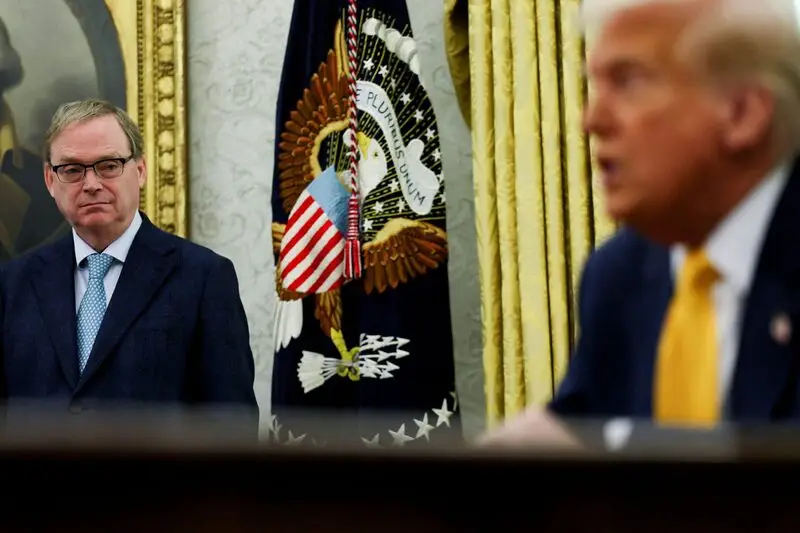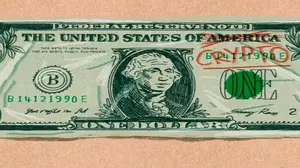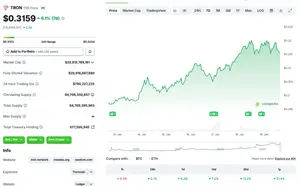Insider trading concerns have recently emerged around White House officials amid the intense market volatility that followed recent tariff announcements. President Trump’s economic advisor Hassett firmly stated that “there was no insider trading at the White House.” This important declaration comes at a time when allegations of market manipulation and also regulatory concerns are intensifying around the dramatic stock market movements that we’ve seen lately.
JUST IN: 🇺🇸 President Trump's economic advisor Hassett says "there was no insider trading at the White House."
— Watcher.Guru (@WatcherGuru) April 14, 2025
Also Read: China Can Crash the US Dollar in Simple 3 Steps: Explains Analyst
Insider Trading, Market Manipulation, and Regulatory Impact Explained

The Allegations Emerge
Significant market fluctuations following President Trump’s tariff policy changes initially raised market manipulation concerns. Trump sparked these accusations when he announced a sweeping tariff regime on April 2, causing markets to plummet, and then followed up with a reset of tariffs on most countries except China to 10% on Wednesday, which temporarily boosted markets.
Democratic Rep. Steven Horsford stated during a House testimony:
“Is this market manipulation? Who benefits? What billionaire benefits from this?”
The sequence of events has prompted serious scrutiny from lawmakers right now. Insider trading allegations involving Hassett and other officials are being examined as regulatory uncertainty grows in financial markets.
Democratic Sens. Adam Schiff and Ruben Gallego wrote in their letter to administration officials:
“The president, his family, and his advisors are uniquely positioned to be privy and take advantage of non-public information to inform their investment decisions.”
Defining Market Irregularities
The Securities and Exchange Commission actually defines insider trading as occurring when an investor knows of “material nonpublic information” and then uses that information in violation of a duty to refrain from trading or sharing the knowledge. This regulatory framework was established to protect investors from investment scams and unfair advantages.
Also Read: Altcoin Season Index Hits 16: Is a Surge Coming in 2025?
Suspicions of market manipulation were heightened when hedge fund founder Spencer Hakimian noted that NASDAQ call volumes “spiked” Wednesday ahead of the tariff announcement. And Democratic Rep. Alexandria Ocasio-Cortez also called for a ban on congressional stock trading, writing on X:
“Any member of Congress who purchased stocks in the last 48 hours should probably disclose that now. I’ve been hearing some interesting chatter on the floor.”
However, at the time of writing, not everyone shares these concerns about insider trading. Hassett’s denial comes as some Republicans dismiss the allegations entirely.
Republican Rep. Carlos Gimenez told CNN:
“We had lunch with a major stock broker from New York and we were talking to him about the tariffs and all that. And then one of the things he said was it’s time to buy. He had no idea what was going to happen later.”
Legal Consequences
The penalties for insider trading can be very severe, with convicted individuals facing up to 20 years in prison. Investment scams often begin with market manipulation, which the SEC defines as when someone “artificially affects the supply or demand” for financial assets.
Also Read: UK Tests Offline CBDC Payments—What This Means for Bitcoin and Privacy Coins
In response to the allegations of insider trading, Hassett and the White House have both issued statements dismissing accusations that Trump’s posts on Truth Social were attempts at market manipulation.
The White House stated:
“It is the responsibility of the President of the United States to reassure the markets and Americans about their economic security in the face of nonstop media fearmongering.”
As regulatory uncertainty continues to surround market activities, investors remain concerned about potential market manipulation and its effects on both traditional and cryptocurrency markets. The recent allegations of insider trading involving Hassett highlight the ongoing challenges in maintaining market integrity amid policy changes that can trigger significant market volatility.






